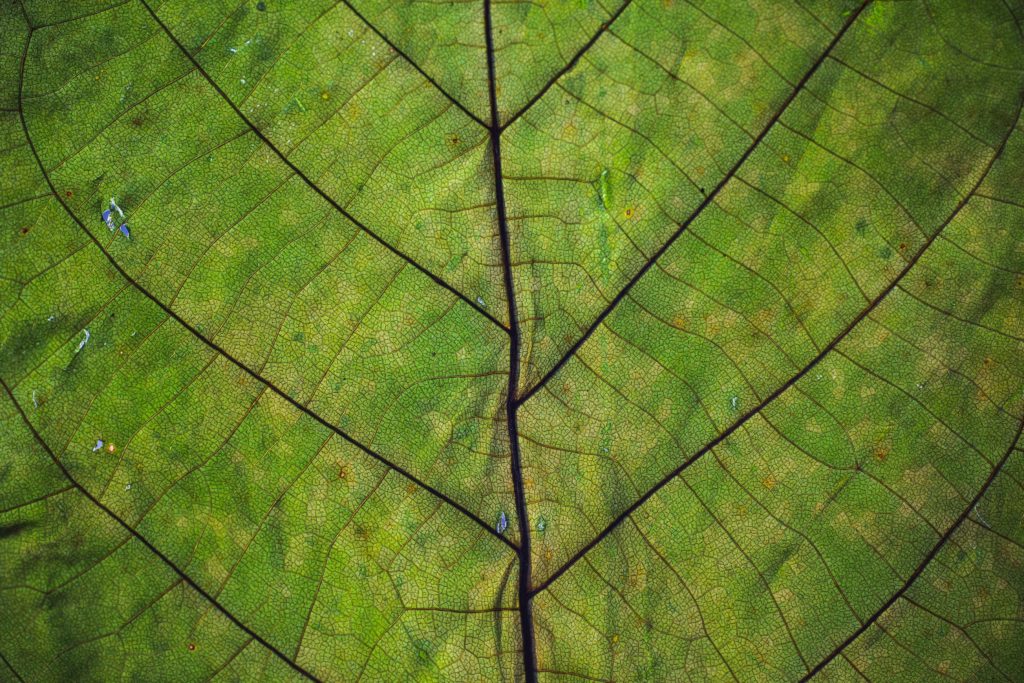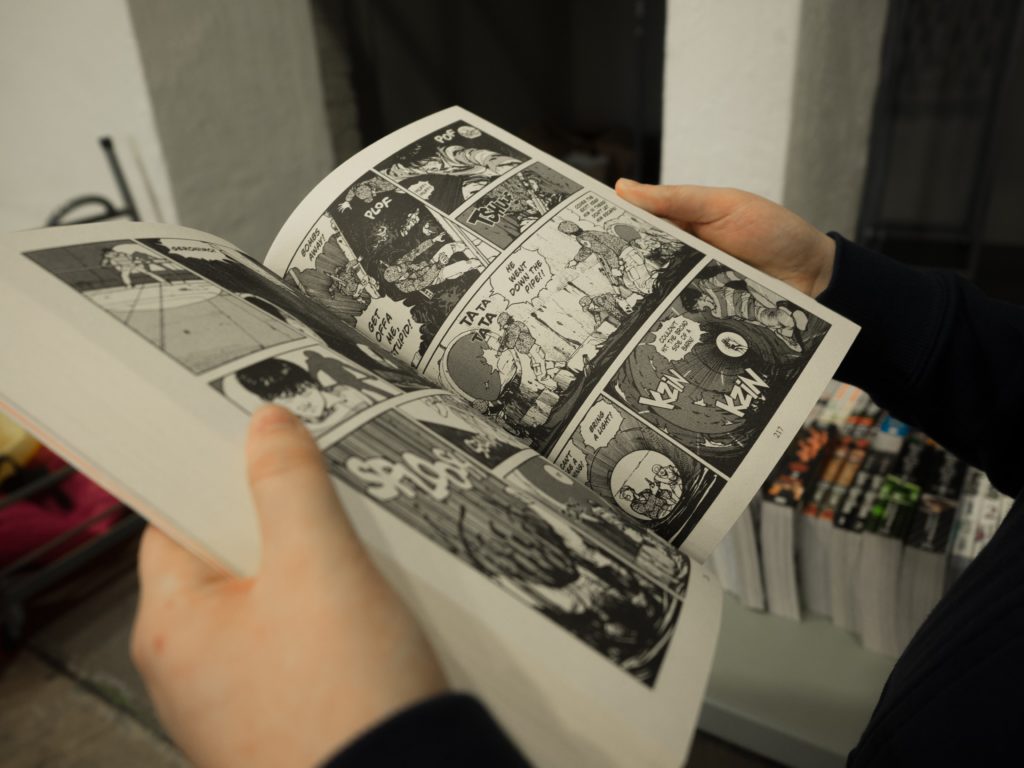As a research collaborative, the members of CEDAR pursue a shared set of values across myriad projects intersecting with teaching, scholarship, and service on and off-campus.

Kristin Arola
Text and Practice
Arola’s research and teaching focuses on the intersections between American Indian rhetoric, multimodal pedagogy, and digital rhetoric. Part of her research explores how to best teach composing, be that composing through words, designs, images, beads, quillwork, or any other form of textual making. Aligning with CEDAR’s vision of culturally engaged work, she seeks to understand how communities come to make decisions on socio-technical transitions. In all her work she is committed to the ways those who have been marginalized make meaning and have a say in just futures. Along with numerous essays and book chapters, she is the co-author of Writer/Designer: A Guide to Making Multimodal Projects, and the co-editor of CrossTalk in Comp Theory and Composing(Media)=Composing(Embodiment). She also serves as co-PI on an NSF Growing Convergence Research funded project, “Socio-Technological System Transitions: Michigan Community and Anishinaabe Renewable Energy Sovereignty,” the aim of which is to increase the capacity of communities across Michigan, including tribal nation communities, to make decisions about energy systems in ways that support their values and wellbeing.

Christina Boyles
Building and Preserving
Across her scholarship, Boyles explores how people understand the risks posed by digital technologies to marginalized peoples and groups. A core component of her work is the belief that storytelling—particularly stories of human experience—can both highlight the ways in which technologies are discriminatory and envision new relationships between humans and digital objects. As reliance on digital technology continues to grow, the need for scholarly interventions into the (mis)use of data, the development of tools, and the dissemination of information is increasingly necessary. Her work realizes CEDAR’s vision of building and preserving understanding and addressing the concerns of neglected, underappreciated, or ignored communities Boyles Archivo de Respuestas Emergencias de Puerto Rico (AREPR) is a freely available Omeka S site that depicts and describes the innovative knowledge production of grassroots community organizations in Puerto Rico in the wake of both natural and man-made disasters. The project is a collaboration between the University of Puerto Rico-Río Piedras, the University of Puerto Rico-Mayagüez, Michigan State University, and the Digital Library of the Caribbean.

Julian Chambliss
Access and Engagement
Across his scholarship, Chambliss pursues a goal of exploring the connection between real and imagined spaces. A core concern for his work is the ways that identity shape actions and influence institution. From black speculative practices expressed in Afrofuturism to community-oriented digital humanities projects, he seeks to ask fundamental questions about who we are and how we came to be. His work realizes CEDAR’s vision of reclaiming knowledge and connecting networks of practice through the Comics as Data North America (CaDNA) project. CaDNA is an ongoing collaborative project that examines library catalog data to explore geographies of publishing and library collecting policies in North American comics. Continuing an institutional history of creating collections as data, a group of Michigan State University librarians, digital humanists, and faculty formed a working group in 2018 to compile and analyze comic book data. The dataset is openly available through a GitLab repository, where the team shares dataset information. Chambliss continues to evolve this project as part of the Department of English Graphic Possibilities Research Workshop and is currently focused on enhancing linked data resources and exploring ways to visualize trends in North American comics around race, gender, and class concerns.

Sharon Leon
Reclaiming and Preserving
Directed by Sharon Leon, On These Grounds is a Andrew W. Mellon Foundation project to surface and model data about the lived experiences of the enslaved individuals who lived and labored in conjunction with colleges and universities in colonial America and the early national republic. The project is representative of CEDAR’s mission, vision. and goals by reclaiming the evidence of the everyday lives of the enslaved; by preserving that evidence through the creation of well-formed linked open data model; and by interconnecting the histories of these enslaved individuals across many institutions and to the researchers, descendants, students, and alumni whose understanding of America’s history of racial inequality and oppression will be enriched by access to this information.